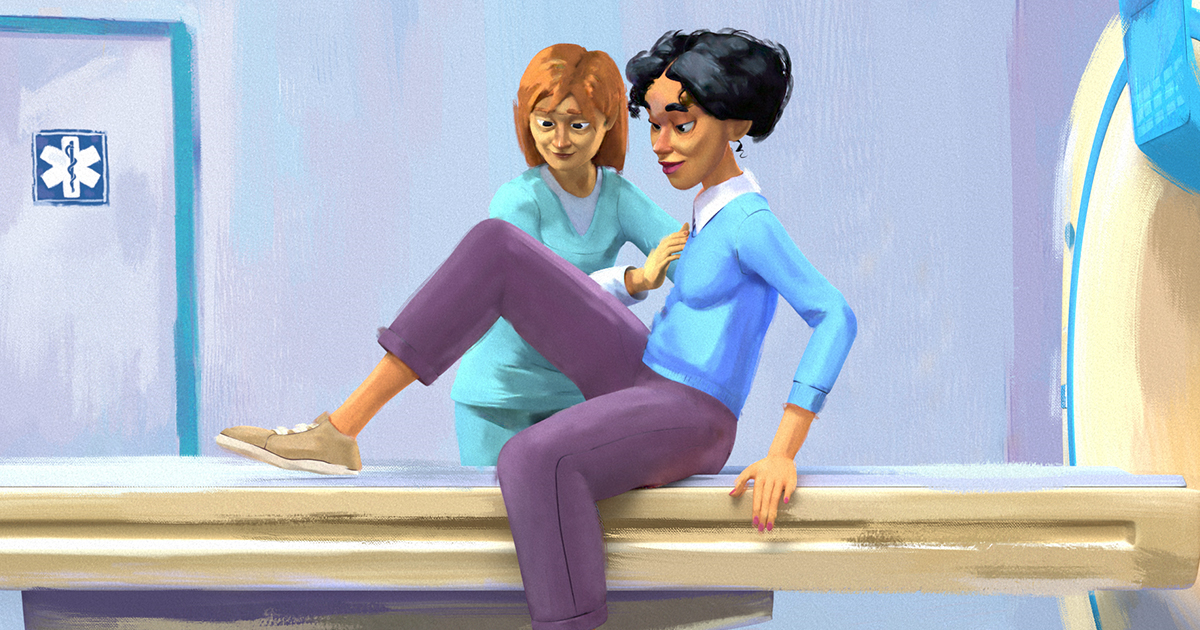making_art
Member
Cancer diagnosis in people with severe mental illness: practical and ethical issues
Lancet Oncology (August 2010), 11 (8), pg. 797-804
Summary
There has been increasing recognition of the high physical morbidity in patients with severe mental illness, but little has been written about cancer in these patients. Therefore, we review the published work on risk of cancer in patients with severe mental illness, treatment challenges, and ethical issues. Severe mental illness is associated with behaviours that predispose an individual to an increased risk of some cancers, including lung and breast cancer, although lower rates of other cancers are reported in this population. Severe mental illness is also associated with disparities in screening for cancer and with higher case-fatality rates. This higher rate is partly due to the specific challenges of treating these patients, including medical comorbidity, drug interactions, lack of capacity, and difficulties in coping with the treatment regimen as a result of psychiatric symptoms. To ensure that patients with severe mental illness receive effective treatment, inequalities in care need to be addressed by all health-care professionals involved, including those from mental health services and the surgical and oncology teams.
Lancet Oncology (August 2010), 11 (8), pg. 797-804
Summary
There has been increasing recognition of the high physical morbidity in patients with severe mental illness, but little has been written about cancer in these patients. Therefore, we review the published work on risk of cancer in patients with severe mental illness, treatment challenges, and ethical issues. Severe mental illness is associated with behaviours that predispose an individual to an increased risk of some cancers, including lung and breast cancer, although lower rates of other cancers are reported in this population. Severe mental illness is also associated with disparities in screening for cancer and with higher case-fatality rates. This higher rate is partly due to the specific challenges of treating these patients, including medical comorbidity, drug interactions, lack of capacity, and difficulties in coping with the treatment regimen as a result of psychiatric symptoms. To ensure that patients with severe mental illness receive effective treatment, inequalities in care need to be addressed by all health-care professionals involved, including those from mental health services and the surgical and oncology teams.

